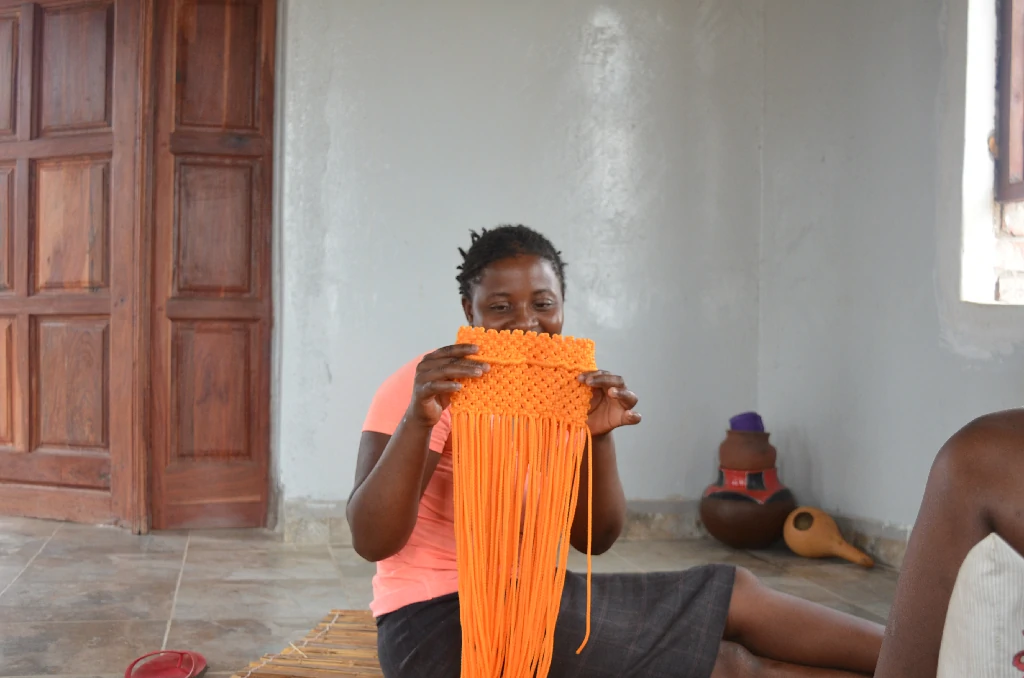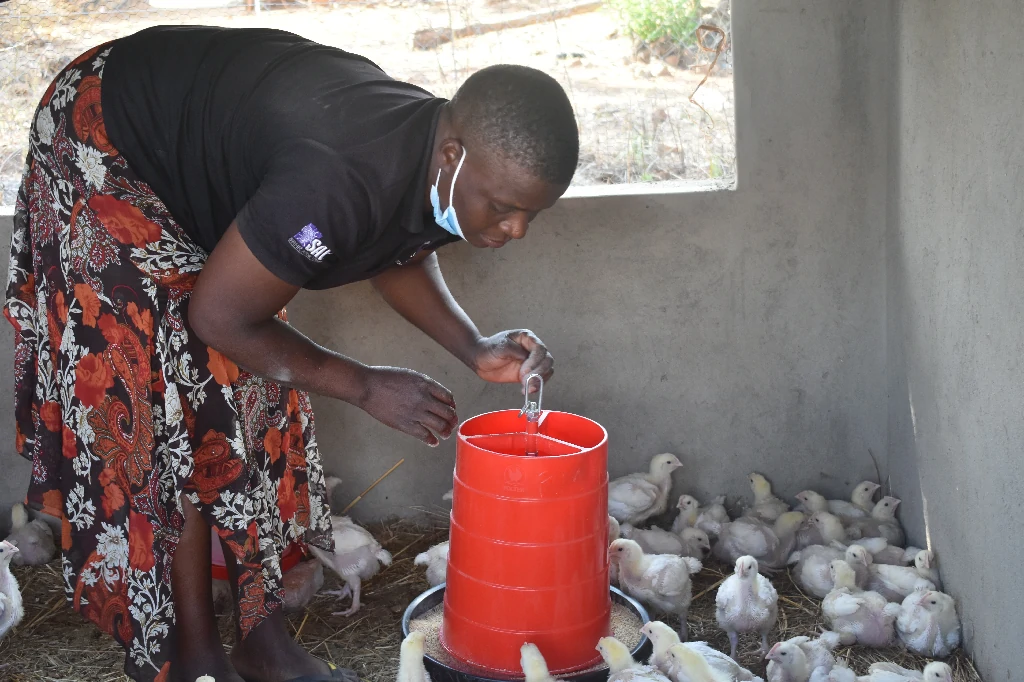Girls and Women Economic Empowerment
Improving girls and women’s economic empowerment is essential to achieving gender equality. There are many widespread negative sociocultural and religious norms, which push girls and young women to face discrimination in the community.
Investing in girls and women’s economic empowerment is critical in tackling issues relating to poverty, child marriage and sexual gender based violence. According to ‘Women’s Access to Land in Murewa Rural district’ research published in 2017 by RMT, it was observed that by increasing women’s control over household income; resources- including land- improves children’s access to education, healthcare, autonomy and greater control over their reproductive health and rights.
Our organisation empowers women especially survivors of SGBV to build better livelihoods, earn more income, and create businesses that provides jobs and boost local economies. Through our RMT Education and Counseling Centre, we provide income generating skills, knowledge and resources to young women and girls. RMT assists girls and young women in rural communities to start Technical Vocational Education Training (TVET) projects which include poultry, peanut butter making and horticulture. The impact of these projects can been seen through an increase in women’s ability to keep their children in school, women’s increased participation in decision making at local level and there has been a decrease in incidences of violence against women who have benefited from these projects.
In 2021, RMT in partnership with traditional launched the ‘Tseketsa kumwanasikana’ initiative during the ‘Zunde raMambo’ (community owned fields administered by the traditional leadership) in Marumisa village, Murewa district. During the launch, more than 20 families gave ‘Tseketsa’ (hens) to their daughters and this initiative had a ripple effect in the Mangwende chiefdom, seeing more than 300 girls being given hens by their families.

